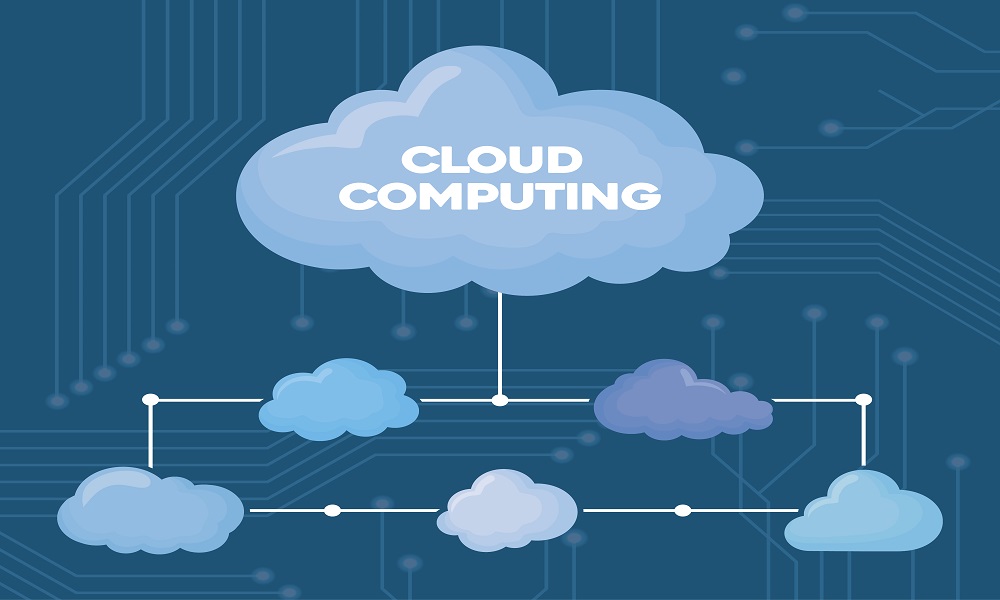In the era of data-driven decision-making, concerns surrounding data privacy and security have become increasingly prevalent. As organisations collect vast amounts of sensitive data from users, ensuring the privacy and confidentiality of this information has become a top priority. One emerging approach to addressing these concerns is federated learning, a decentralised machine learning technique that enables model training across multiple devices or servers while keeping data localised. This innovative approach holds significant promise for enhancing data privacy while still leveraging the power of data analytics. In this article, we’ll explore the emergence of federated learning and its implications for data privacy enhancement, particularly in Chennai, where the demand for skilled professionals trained in a data analyst course is on the rise.
Understanding Federated Learning
Federated learning is a machine learning (ML) approach that enables model training across multiple decentralised devices or servers, such as smartphones, edge devices, or data centres. Unlike traditional centralised machine learning models, where data is aggregated in a single location for training, federated learning keeps data localised on individual devices or servers. Instead of sending raw data to a given central server, only model updates, in the form of gradients, are exchanged between the central server and participating devices. This decentralised approach helps preserve data privacy while still allowing models to be trained on a large and diverse dataset.
Key Components of Federated Learning
Federated learning, as covered in a reputable data analytics course in Chennai, comprises several key components that work together to facilitate model training while preserving data privacy:
- Client Devices or Servers: In federated learning, model training occurs on client devices or servers that hold local data. These devices or servers participate in model training by computing model updates based on their local data and sending these updates to the central server.
- Central Server: The central server coordinates the federated learning process by aggregating model updates from participating devices or servers, updating the global model, and distributing the updated model back to the client devices or servers.
- Privacy-Preserving Techniques: Federated learning incorporates various privacy-preserving techniques, such as differential privacy, encryption, and secure aggregation, to ensure the confidentiality and integrity of data during the model training process.

Benefits of Federated Learning
Federated learning offers several benefits for organisations seeking to enhance data privacy while leveraging the power of machine learning, as covered in a data analyst course:
- Data Privacy: By keeping data localised on client devices or servers, federated learning helps mitigate privacy risks associated with centralised data storage and processing. This decentralised approach ensures that sensitive data remains under the control of the data owner and is not exposed to third parties.
- Data Security: Federated learning incorporates privacy-preserving techniques to protect data during the model training process, minimising the risk of data leaks or unauthorised access. This helps organisations comply with data protection regulations and build trust with users.
- Scalability: Federated learning enables model training on a large and diverse dataset distributed across multiple devices or servers, enhancing scalability and efficiency. This decentralised approach allows organisations to leverage the collective intelligence of distributed data sources without centralising data storage.
- Customisation: Federated learning allows organisations to tailor machine learning models to specific user preferences or local conditions, ensuring personalised experiences while still preserving data privacy. This customisation enhances the relevance and accuracy of models without compromising privacy.
Challenges and Considerations
Despite its benefits, federated learning poses several challenges and considerations for organisations:
- Communication Overhead: Federated learning requires communication between client devices or servers and the central server, which can introduce latency and overhead, particularly in resource-constrained environments.
- Model Heterogeneity: Client devices or servers may have varying computational capabilities, network connectivity, and data distributions, leading to challenges in aggregating model updates and maintaining model consistency.
- Privacy Risks: While federated learning helps mitigate privacy risks associated with centralised data storage, it is not immune to privacy threats, such as model inversion attacks or membership inference attacks. Organisations must implement robust privacy-preserving techniques to mitigate these risks effectively.
Conclusion
In conclusion, federated learning represents a promising approach to enhancing data privacy while still harnessing the power of machine learning for insights and decision-making. By keeping data localised on client devices or servers and incorporating privacy-preserving techniques, federated learning enables organisations to mitigate privacy risks associated with centralised data storage and processing. However, organisations must also address challenges related to communication overhead, model heterogeneity, privacy risks, and regulatory compliance to realise the full potential of federated learning. With the right approach and a data analytics course in Chennai, federated learning can serve as a powerful tool for organisations seeking to balance data privacy and innovation in the digital age.
BUSINESS DETAILS:
NAME: ExcelR- Data Science, Data Analyst, Business Analyst Course Training Chennai
ADDRESS: 857, Poonamallee High Rd, Kilpauk, Chennai, Tamil Nadu 600010
Phone: 8591364838
Email- enquiry@excelr.com
WORKING HOURS: MON-SAT [10AM-7PM]







